Market has unofficial inter-bank exchange rates now: PRI
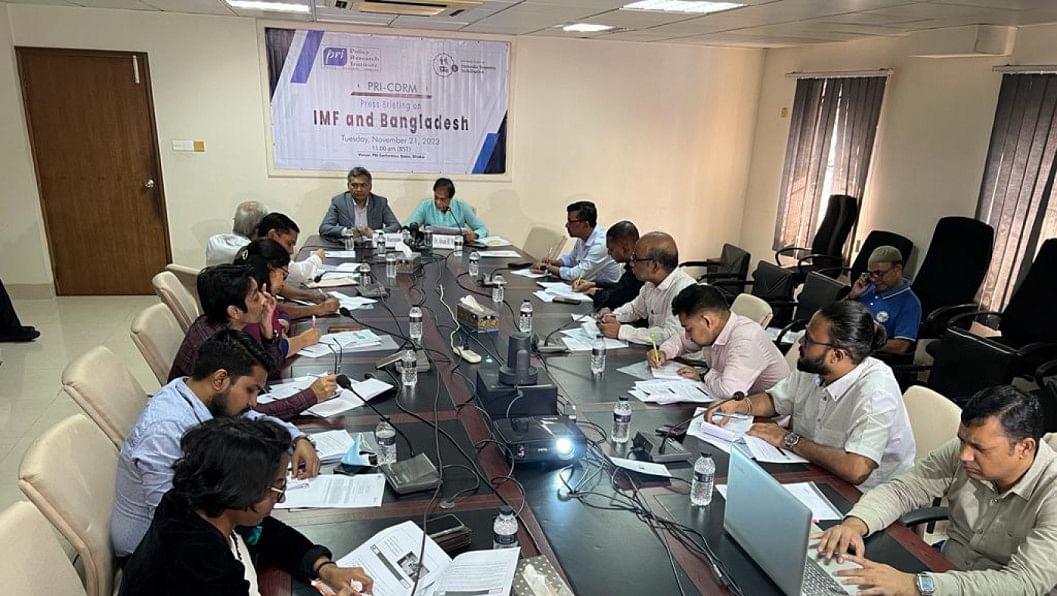
The Policy Research Institute (PRI) of Bangladesh today suggested the Bangladesh Bank implement a unified and fully market driven exchange rate after the national elections, as the unofficial inter-bank rates have emerged amid shortage of the greenback.
Officially there are unified rates, but in reality, these are available only on paper, the private nonprofit research organisation said.
Due to the dollar crisis in the market, people are forced to pay at rates much higher than the official rates as many banks are refusing to open letters of credit (LCs), it added.
"This is not desirable," said PRI Executive Director Ahsan H Mansur in a press briefing at its office to share its observations on Bangladesh's performance against the targets given by the International Monetary Fund (IMF) as part of the $4.7 billion loan it gave to the nation early this year.
The multilateral lender recommended the central bank introduce a market-based exchange rate.
The Bangladesh Bank (BB) introduced a unified exchange with the aim of easing pressure on forex reserves.
"However, it could not be implemented efficiently due to BB's desire to keep the interbank exchange rate for exporters and importers fixed at a central administratively level," he said.
Mansur, also a former economist at the IMF, said transactions in forex market are not taking place at the unified rates.
It appears that an unofficial market has been created in the inter-bank, he said,
"And the difference between kerb market and unofficial rate in the interbank is lower and the gap in exchange rate between official rates and kerb market is higher."
In order to arrest the volatility in the foreign exchange market, two associations of bankers have been determining exchange rates for buying from remitters, exporters and importers for the last several months.
At present, banks are supposed to buy the greenback at Tk 110.5 from the exporters and provide up to 5 percent incentive to encourage remitters to send dollar through official channel.
Banks are supposed to sell dollars at Tk 111 to the importers which most of them are not following, according to the importers and bankers.
As a result of this, Mansur said, banks are preparing wrong data.
"Financial sector data is being corrupted through this," he said, "This is unacceptable. The exchange rate should be adjusted after the elections."
PRI Research Director MA Razzaque also spoke at the occasion.

 For all latest news, follow The Daily Star's Google News channel.
For all latest news, follow The Daily Star's Google News channel. 

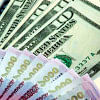
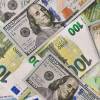

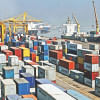
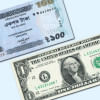


Comments